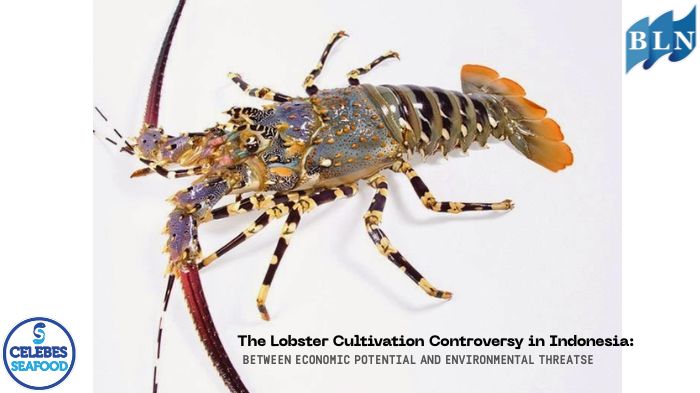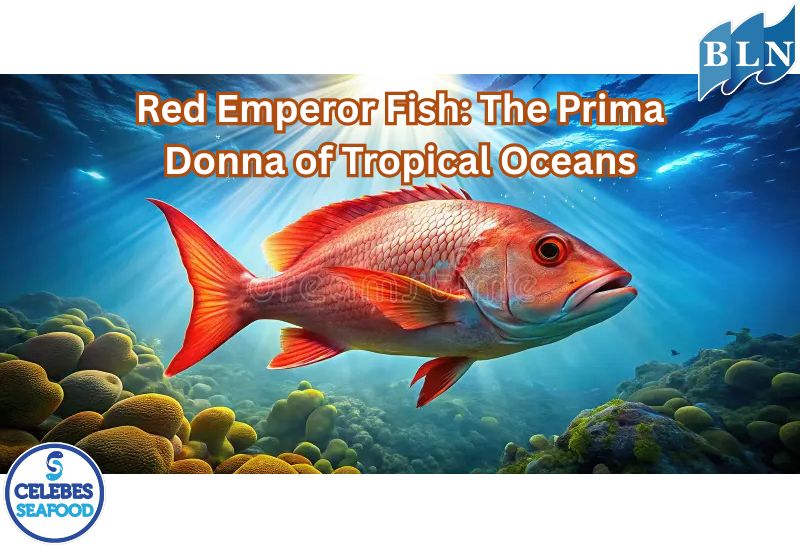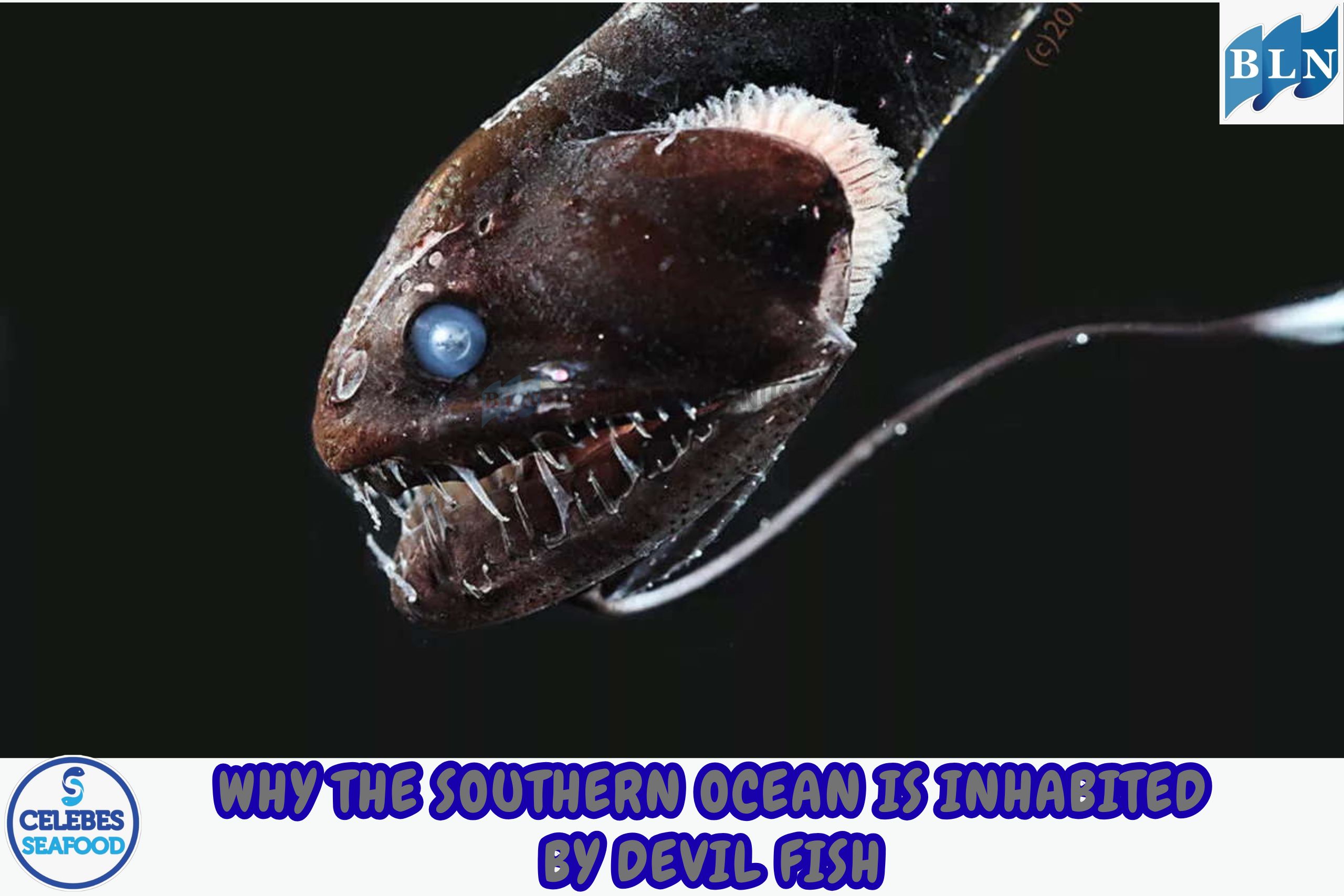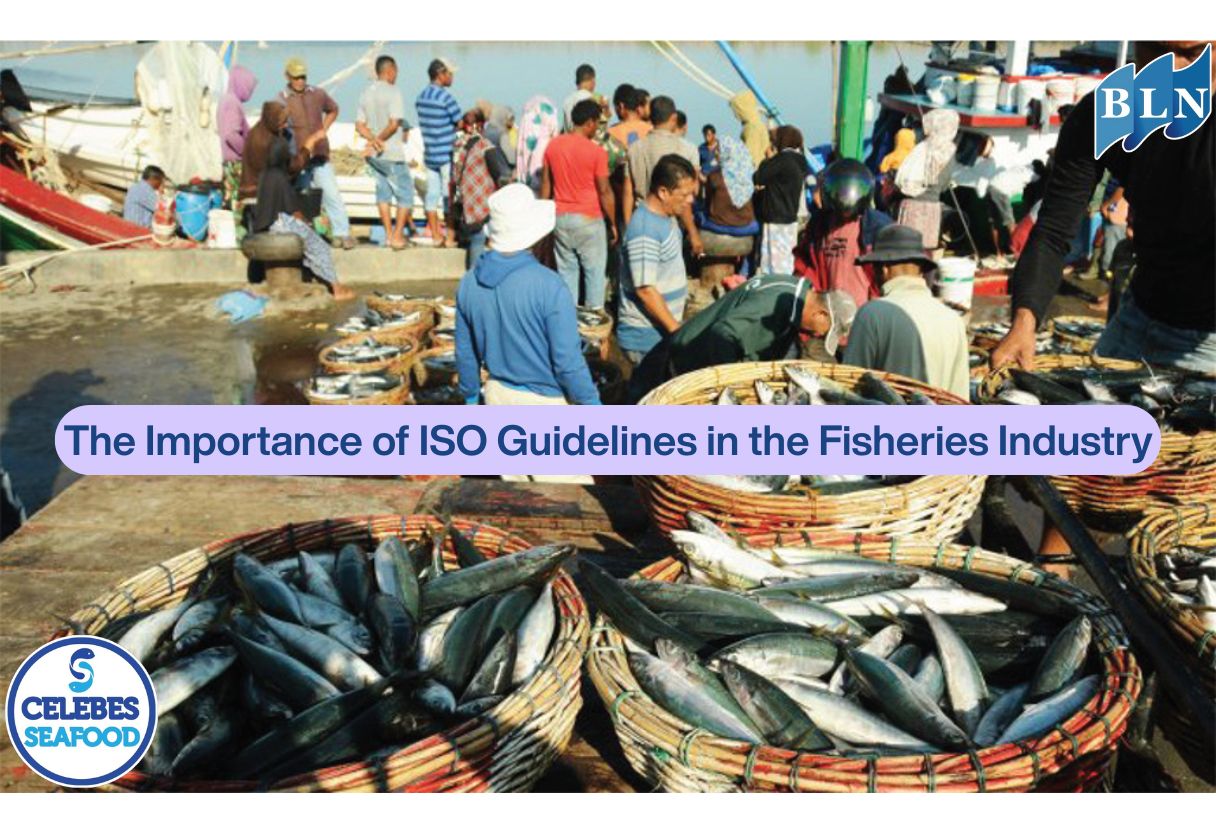Why Are Shark Fins So Valuable? Tracing Demand in the Black Market
By. Alfian - 17 Jul 2025.jpg)
lautnusantara.com Shark fins have become an incredibly expensive and sought-after commodity in the global black market, driving destructive and unsustainable shark fishing practices. Several key factors contribute to the high economic value of shark fins, primarily fueled by culture, perception, and a disregard for environmental impact.
1. Symbol of Status and Luxury
One of the primary reasons behind the exorbitant price of shark fins is their perception as a symbol of luxury and social status. In some Asian cultures, particularly China, serving shark fin soup at special occasions like weddings, important business banquets, or Chinese New Year celebrations is considered a sign of wealth, honor, and prosperity for the host. This belief has been deeply rooted for centuries, making it a highly coveted "premium" dish.
Read Also : Fish Schooling: A Coordinated Dance Beneath the Waves
2. Belief in Health Benefits (Myth)
Despite no scientific evidence to support it, many people believe that shark fins possess medicinal properties and health benefits. These beliefs vary, ranging from claims that shark fins can boost vitality, prevent cancer, or cure various ailments. However, modern research has repeatedly shown that shark fins, primarily made of cartilage, have no significant nutritional or medicinal value, and may even contain dangerous levels of mercury. Nevertheless, this myth continues to fuel demand.
3. Unique Culinary Texture
Culinarily, shark fins themselves are almost tasteless. Their primary value lies in their unique, gelatinous, and noodle-like texture after being rehydrated and cooked. This texture provides a desired mouthfeel in the soup, which is typically flavored with chicken broth or other ingredients to give it taste. For connoisseurs, it's this textural experience that makes the dish special.
4. High Demand and Limited Supply
The combination of persistently high demand from affluent consumers and an increasingly limited supply due to declining shark populations naturally drives up prices. The rarer a shark species, the more expensive its fins become on the black market. This creates a vicious cycle: high prices encourage more intensive fishing, which in turn further threatens shark populations.
5. Weak Regulations and Lack of Law Enforcement
In many countries, regulations related to shark fishing and trade are still weak or their enforcement is ineffective. This allows illegal trade syndicates to operate with relative ease. Shark fins are often smuggled across borders, making it a highly profitable business with relatively low risk of apprehension for perpetrators.
Despite significant global efforts to combat the shark fin trade and raise public awareness about the cruelty behind it, demand in the black market remains a serious challenge for shark conservation.
If you are interested in our Coral Trout Fillet Skin On, CORAL TROUT WGG WHOLE GILLED GUTTED, TOMATO COD WHOLE GILLED GUTTED please do not hesitate to contact us through email and/or whatsapp.








